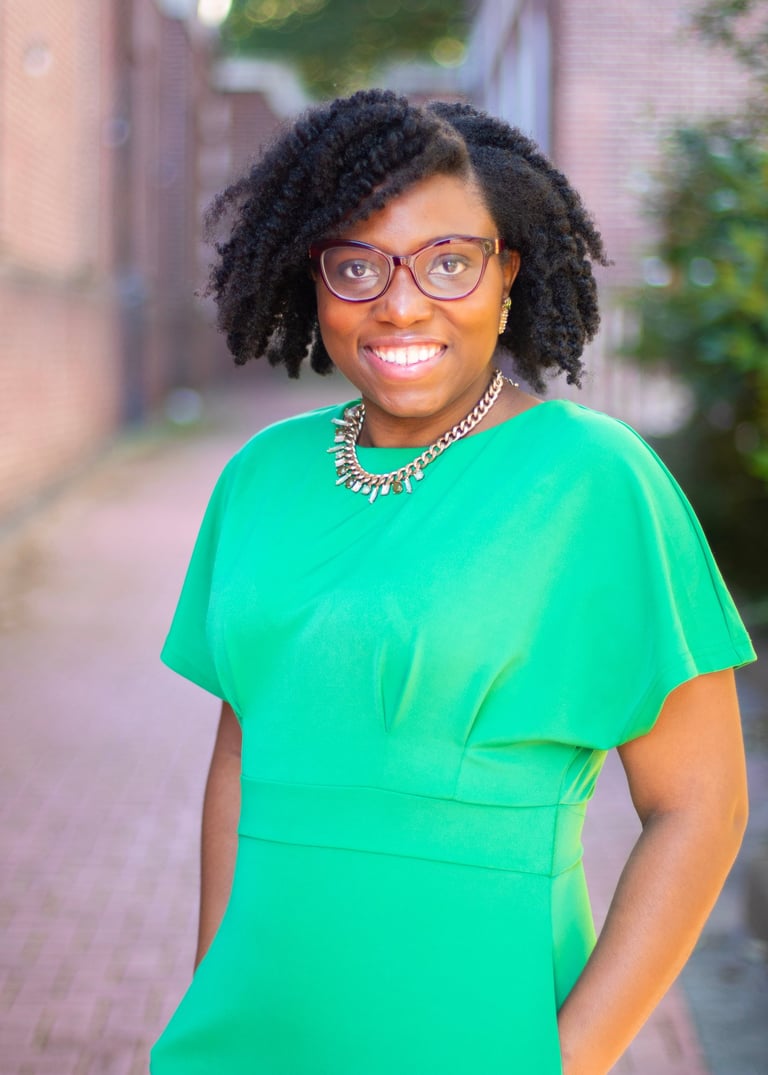Dr. Tia Navelene Barnes
Culturally responsive social-emotional wellbeing, educator well-being, and inclusive collaboration — with a focus on historically underserved communities.
About
I’m a researcher and consultant focused on building inclusive, emotionally supportive school communities. My work bridges scholarship and practice to help educators and systems create environments where all learners thrive, especially those historically underserved.
Research
My research explores how adult social and emotional learning (SEL), educator well-being, and inclusive collaboration contribute to school environments where all students — particularly those with disabilities and students of color — can thrive. I examine how relational trust, emotional competence, and culturally responsive practices support both educators and learners. My work spans qualitative and mixed-methods studies, professional development design, and implementation-focused intervention research.


Services and Support
I partner with districts, schools, and organizations to help embed inclusive, culturally responsive SEL into everyday practice. My services include professional learning design and delivery, implementation strategy, and program development support. Drawing on my expertise in SEL and my training in program management, I help education leaders build and sustain initiatives that support both educator well-being and equitable student outcomes.